Helpless in the Face of Your Enemy: Writers and Attack Novels
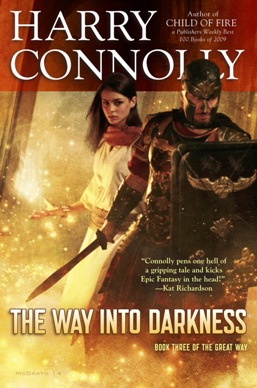 Some writers plan their careers.
Some writers plan their careers.
They scan the top of the best seller lists, think Hmm… here’s a police procedural, this one’s steampunk, these two are zombie novels, and this one’s about angels. Great! I’ve been wanting to try steampunk. I’ll write a steampunk murder mystery about a pair of mismatched cops. One will be a zombie and the other will be an angel. No, a fallen angel who has lost his celestial whatsit.
Which is a silly example, obviously, but authors manage the non-silly version to great success. As I recall, John Scalzi has said that he wrote Old Man’s War because MilSF seemed to be selling well. There are others, too, but I hesitate to name them because writing to the market has a bit of a stigma attached to it, although it shouldn’t. More power to them, I say.*
Me, I can’t do it. Not that I haven’t tried, but I can’t make it work. I don’t read fast enough to sample the sales lists widely, I can’t make myself write a book without screwing around with the tropes of the genre, and I suffer from attack novels.
Attack novel: ( əˈtak ˈnävəl) n: a story idea that a writer can’t stop thinking about, even (especially) when they’re supposed to be working on something else.
The first book I ever sold was an attack novel. So was the first book I ever started and abandoned. They haven’t all been, but when they come on me, all I can do is put them off until I finish whatever’s on deadline.
At the beginning of March, I released an attack novel that I started five years ago, and in every way that matters, it was a book I shouldn’t have written.
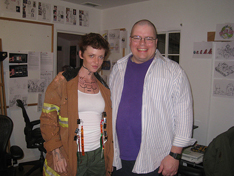
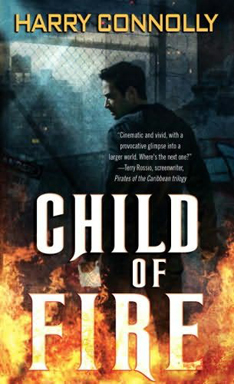 Did you know that there are awards for book trailers? They’re called “The Moby Awards” and you can check the most recent winners (and losers)
Did you know that there are awards for book trailers? They’re called “The Moby Awards” and you can check the most recent winners (and losers) 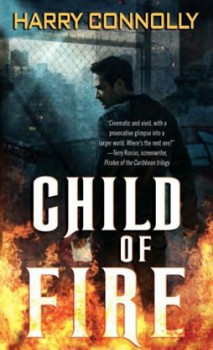
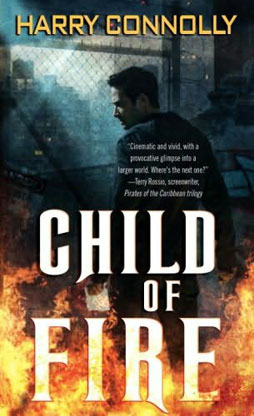 This essay first appeared as a part of Jim C. Hines’s First Book Friday series, in which authors describe their first sales. You can read the entire series on
This essay first appeared as a part of Jim C. Hines’s First Book Friday series, in which authors describe their first sales. You can read the entire series on